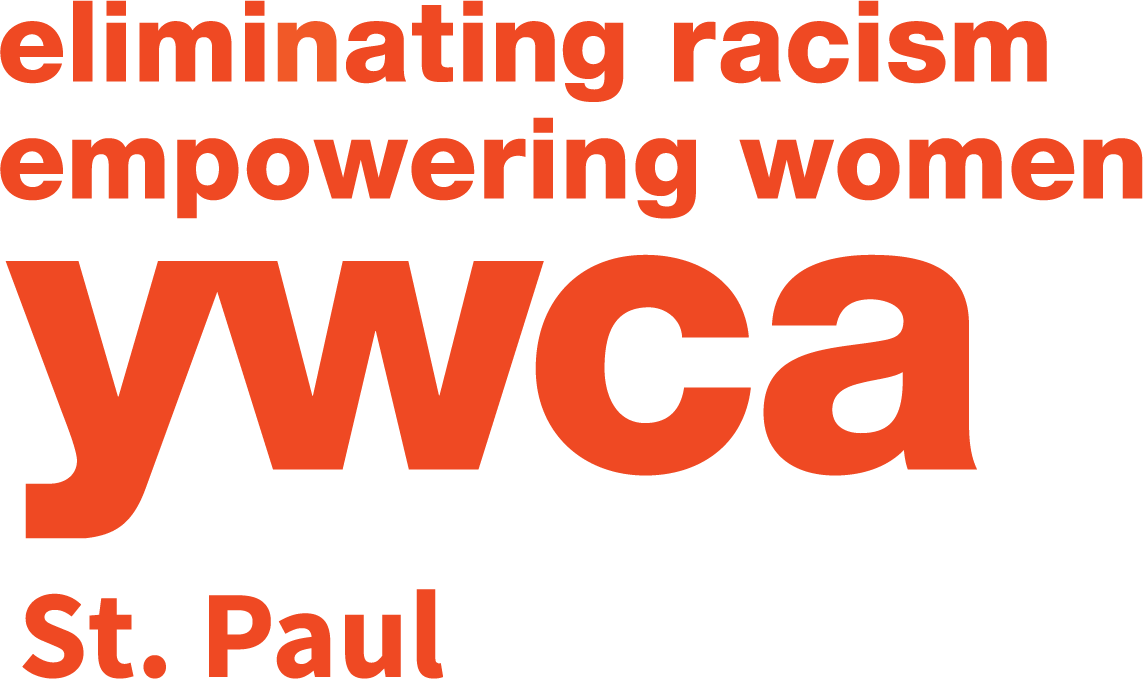March marks Women’s History Month, a celebration of our contributions to history, culture, and society. While there are millions of remarkable women in our world who go unrecognized, there are those whose impact was recorded, giving us a chance to look back and reflect. One of those women is Harriet Bishop, a teacher credited with starting the first public school in St. Paul.

In 1847, two years before Minnesota became a territory, Bishop traveled from Vermont through the rough terrain of the Northwest to St. Paul, the small yet growing settlement, as part of a mission to educate children living in the frontier.[1] At the time there were only five shops, a dozen or more families, and probably 36 school-age children. Bishop volunteered to go, ignoring protests from friends in New England, later writing, “I was more needed here [in St. Paul] than at any other spot on earth, and because there was no other one of my class who felt it a duty to come.”[2]
Once she arrived in St. Paul, Bishop began teaching classes to seven students in a former blacksmith shop at what is now Kellogg Boulevard and St. Peter Street. In less than a year, she helped raise funds to build a new school for her students (near what is now Jackson Street), which also served as a church, meeting hall, and courtroom for the growing city. By that time, she had around 40 students, and another educator, Amanda Hosford, started teaching in Stillwater. Bishop taught in her little school until 1850 when the first St. Paul district school was created.
In 1900, Harriet Island was gifted to St. Paul by Dr. Justus Ohage, who wanted to give the city a recreational area. Over the years, Harriet Island was home to many attractions including an outdoor gym, a pavilion for bands, swimming lessons, slides, and St. Paul’s first zoo. While the channel between the island and the mainland was filled in the early 1950s, its name still celebrates its rich recreational history and honors the city’s pioneer schoolteacher, Harriet Bishop.
[1] Harriet Bishop | The U.S.-Dakota War of 1862 (usdakotawar.org)
